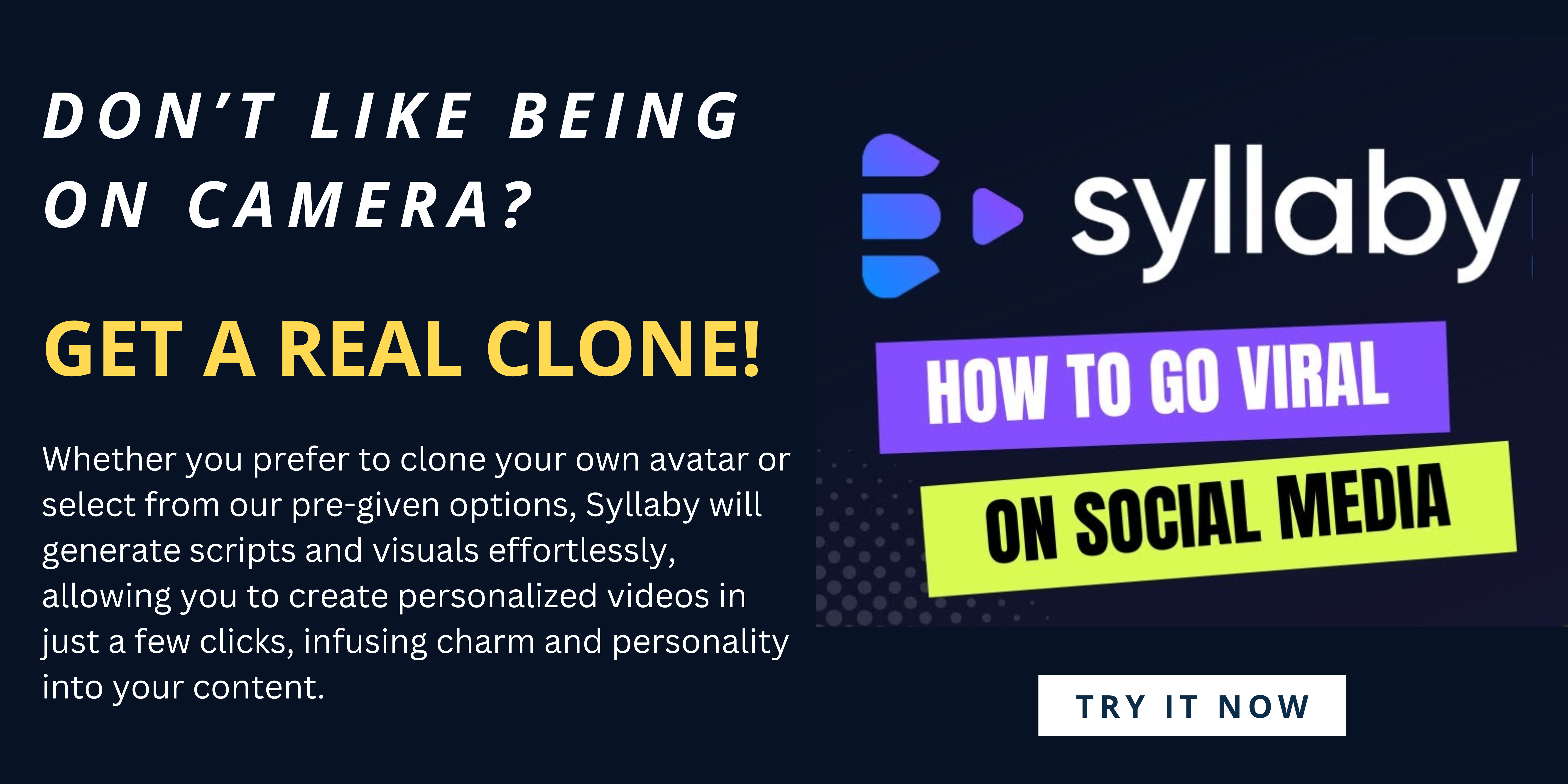Introduction to OpenAI and their recent use of YouTube data
Welcome to the cutting-edge of creativity and technology! OpenAI, a pioneer in artificial intelligence, has made waves with its YouTube data use. This daring approach has spurred discussions on the pros, disadvantages, legalities, and ethics of using this enormous content pool for app developer websites. Let's explore this dynamic intersection of innovation and infringement!
Benefits and potential risks of using YouTube data for app developer websites
App developer websites have many options with OpenAI's YouTube data. Developers can use this enormous data set to improve user experiences and create new services that meet specific demands. App developers trying to stay ahead in the tech industry can find inspiration in YouTube's massive data.
Enormous power brings enormous responsibility. Using YouTube data raises privacy, copyright, and accuracy and relevance concerns. App developer websites using YouTube content must avoid these dangers and act ethically.
Despite the drawbacks, using YouTube data in app development is beneficial. Developers can leverage real-time trends, customer preferences, and market demands to create cutting-edge solutions that connect with people.
Legal considerations surrounding the use of YouTube data for commercial purposes
App developer website must handle numerous legal issues when using YouTube data commercially. Understanding copyright rules and TOS is essential when gathering and using this data.
An app developer website must obtain permissions or licenses to use YouTube material, especially if it is protected by intellectual property rights. Violating these rights may result in copyright infringement lawsuits.
App developer managing YouTube user-generated material should also consider privacy rules. Complying with regulations requires respecting privacy rights and gaining consent.
When adding YouTube data into their platforms, app developers should speak with intellectual property law professionals to reduce risks and stay legal.
Ethical implications of OpenAI's approach and potential impact on content creators
The IT community has ethical reservations about OpenAI's usage of YouTube data. Analyzing and using content made by people without their express consent raises concerns about fair compensation and intellectual property rights. Original material produced by content creators takes time and work to produce, yet it can now be exploited without their consent or knowledge.
There could be a big effect on content producers. They rely on app developer websites such as YouTube to present their work and make money from interactions and views. There's a chance that OpenAI will undervalue the creators' contributions to the platform's success by using this data for its own goals.
Furthermore, the lack of openness in OpenAI's access to and utilization of this data may damage consumers', content creators', and tech businesses' trust in one another. It's critical to think about both what can be done technologically and what should be done ethically to safeguard the interests of all parties involved as we navigate this new era of AI-driven innovation.
Alternatives to using YouTube data for app development
Are you trying to find anything better to use for your app developer website projects than YouTube data? Take into consideration looking at public APIs from websites like Vimeo or Dailymotion, which provide a range of video content that can be easily included into your apps.
Using user-generated material via social media APIs like Instagram or TikTok is an additional choice that will give your app a new and interesting multimedia source without violating YouTube data copyright restrictions.
Furthermore, engaging in direct partnerships with content creators through influencer marketing alliances can get you exclusive access to original video content created just for the target demographic of your app. This strategy not only guarantees uniqueness but also cultivates real connections within the community of digital creators.
As you respect intellectual property rights and ethical issues in the digital business, you can improve the quality and relevance of your app by broadening your data sources and considering innovative sources for your video material.
For more information, contact me.

Conclusion: Finding a balance between innovation and infringement in the tech industry
The drive of innovation must be balanced with respect for intellectual property rights and ethical issues in the quickly changing tech landscape. The usage of YouTube data by OpenAI for app developer websites serves as an example of the possible advantages and disadvantages of using third-party information to progress technology.
When using external data sources like YouTube, app developer websites must carefully traverse legal limits in order to produce innovative solutions. A robust digital environment can only be promoted by adhering to copyright laws and securing the necessary permits.
Recognizing the ethical ramifications of data usage is also critical to maintaining responsibility and transparency with regard to content providers. Promoting a more diverse and egalitarian digital sector requires striking a balance between innovation-driven advancement and individual creators' rights.
Developers can ethically innovate while reducing copyright concerns by investigating alternate strategies that give priority to the creation of original material or user-generated input. Industry collaboration can foster best practices that preserve technical innovation while maintaining its integrity and inventiveness.
Achieving a balanced balance between innovation and infringement will not only promote advancement but also foster an atmosphere that upholds moral principles, leading the IT sector to new heights of sustainability and inventiveness.
